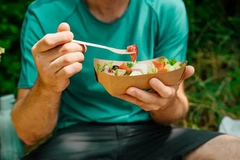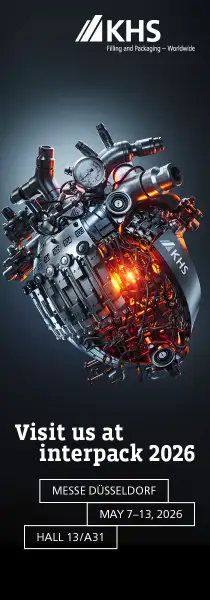
An international research team has upcycled plastic packaging waste into fuels in a single-stage process. The scientists are turning discarded polyvinyl chloride (PVC) into chlorine-free, fuel-range hydrocarbons and hydrogen chloride.
Traditional waste-to-energy technologies, including incineration, pyrolysis, and most chemical upcycling methods for PVC utilization, rely on high-temperature dechlorination to avoid the release of toxic chlorinated compounds.
The research team has united scientists from the US Department of Energy-funded Pacific Northwest National Laboratory and leading universities in the US, China, and Germany to advance these existing methods and support the development of a global circular economy.
The new process, published in Science, uses chloroaluminate ionic liquids as catalysts. The study demonstrates the applicability of the catalytic tandem process for real-world plastic mixtures. Post-consumer PVC products exhibited comparable reactivity at 30 degrees Celsius. When PVC waste was mixed with rigid high-density PE bottles, nearly quantitative solid conversion was achieved at 80 degrees Celsius.
 PVC, along with polyolefins, ranks among the most prevalent plastics in global production and waste streams.“Our strategy addressed the crucial issue of product distribution in the conversion of mixed plastic waste to fuel, unaffected by the heterogeneity of the plastic mixture in the feed stream or impurities that could modify or poison catalysts,” explain the researchers.
PVC, along with polyolefins, ranks among the most prevalent plastics in global production and waste streams.“Our strategy addressed the crucial issue of product distribution in the conversion of mixed plastic waste to fuel, unaffected by the heterogeneity of the plastic mixture in the feed stream or impurities that could modify or poison catalysts,” explain the researchers.
“Dichloromethane (DCM) dilutes the ionic liquid, lowering the viscosity and the local mass-transfer barriers. DCM is fully recycled via the top of the distillation product slate, including all light products.”
“This work opens a transformative and scalable approach that enhances efficiency and cost-effectiveness by reducing energy use, equipment needs, and intermediate steps, leading to significant savings and less environmental impact.”
The new approach offsets endothermic dechlorination and C-C bond cleavage with exothermic alkylation and hydrogen transfer by isobutane or isopentane in a low-temperature tandem process.
“The light isoalkanes are available from refinery processes and partly from recycling of the product stream. The process is suitable for handling real-world mixed and contaminated PVC and polyolefin waste streams,” the researchers say.
They share that by converting diverse plastic waste into valuable products in a single step, the method has the potential to improve “product quality and facilitate scalability for industrial applications.”











